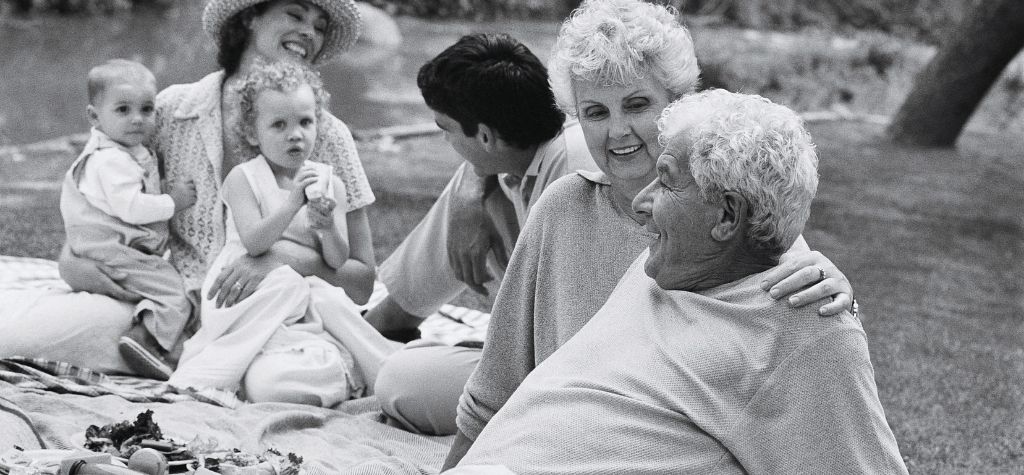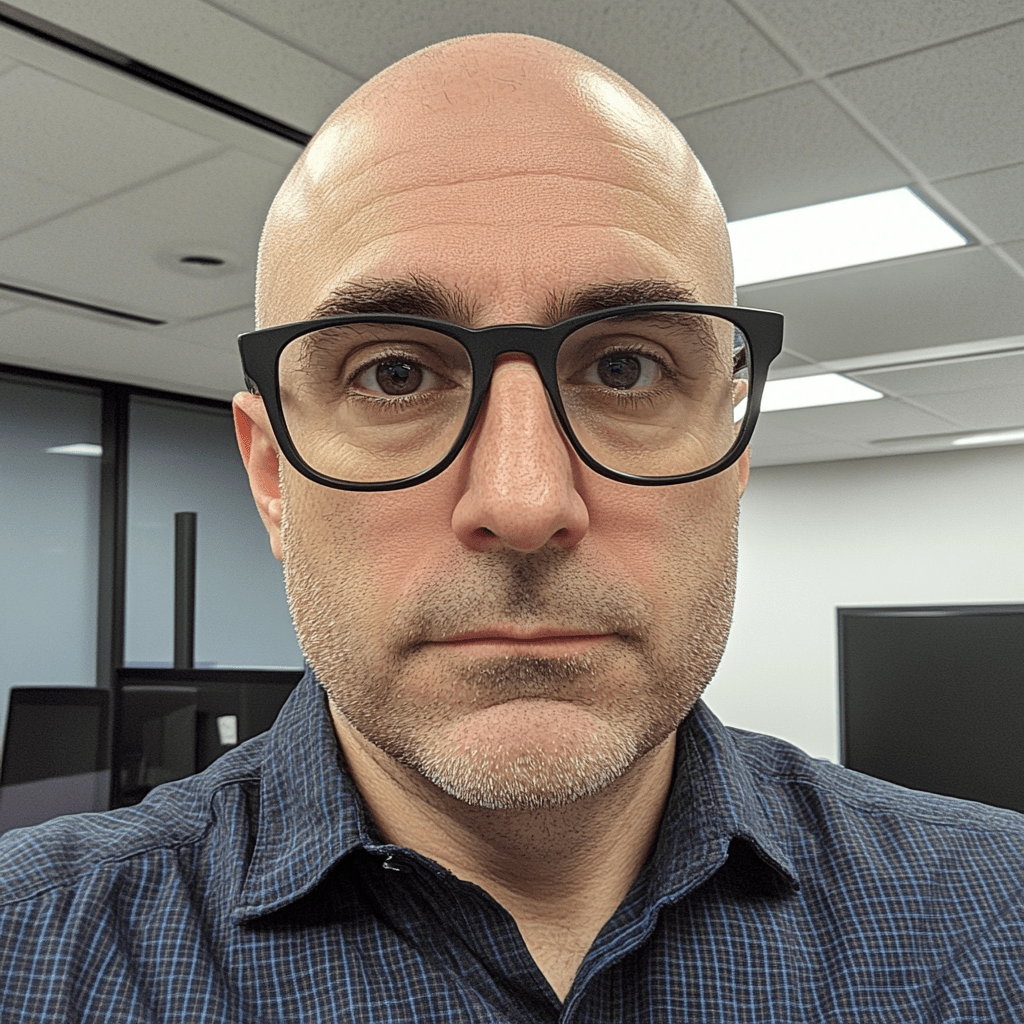We’ve all heard them—those eye-care warnings passed down from grandma. “Eat more carrots!” “Don’t sit too close to the TV!” While these nuggets of wisdom were meant to protect us, many are rooted more in folklore than in fact. In 2025, science has spoken—and it’s time to bust these enduring eye myths wide open.
Let’s take a closer look at five common eye myths and what cutting-edge research says today.
The Cultural Origins of Eye Myths

Oral Tradition and Eyecare Folklore
Before access to medical journals and eye exams was common, families leaned on collective wisdom. Across cultures, vision myths were shared not only as health advice but also as cautionary tales to protect children.
Lack of Access to Scientific Resources
In earlier generations, access to ophthalmologists was limited, especially in rural areas. What started as practical advice often evolved into overstated warnings, many of which persist today.
Myth #1: Eating Carrots Will Perfect Your Vision
The Truth About Beta-Carotene
Carrots are high in beta-carotene, a precursor to vitamin A—essential for eye health, particularly night vision. But eating carrots won’t reverse nearsightedness or eliminate the need for glasses.
2025 Research on Diet and Eye Health
According to the American Optometric Association (2025 report), balanced diets with leafy greens, omega-3s, and antioxidants support long-term eye health, but no food single-handedly “fixes” vision.
Verdict: Partially true, but overstated.
Myth #2: Sitting Too Close to the TV Ruins Your Eyes
The Origin of the Myth in Early Television
This myth likely stemmed from old TVs that emitted higher levels of radiation. In the 1960s, GE recalled TVs for precisely this reason.
What 2025 Ophthalmology Says
Modern screens emit negligible radiation. However, prolonged close-up viewing can cause temporary eye strain, not permanent damage.
Verdict: False, but frequent close viewing may cause fatigue.
Myth #3: Reading in Dim Light Permanently Damages Vision
Eye Strain vs. Long-Term Damage
Dim light makes your eyes work harder, leading to temporary strain or headaches, but no evidence supports the idea that it causes permanent vision loss.
How Modern Lighting Solutions Help
2025 lighting solutions include ambient smart lighting and blue-light reduction tech, reducing fatigue during reading sessions.
Verdict: False, but eye strain is a valid concern.
Myth #4: Crossing Your Eyes Can Get Them Stuck
The Mechanics of Eye Muscles
Eye muscles are remarkably adaptive. Children often cross their eyes playfully, and the eyes return to normal alignment without consequence.
Pediatric Ophthalmologist Insights (2025)
Eye doctors confirm: there’s zero risk of permanent cross-eye from voluntary movement. Strabismus, a real condition, is unrelated and medically treatable.
Verdict: Completely false.
Myth #5: Wearing Glasses Makes Your Eyes Weaker
Eye Dependency vs. Eye Deterioration
This myth confuses adaptation with deterioration. Once your brain adjusts to clearer vision through lenses, removing them may feel disorienting—but glasses don’t worsen your prescription.
Modern Optometry Findings
2025 optometry clearly shows glasses don’t accelerate vision loss. In fact, avoiding correction may worsen issues like amblyopia in kids.
Verdict: False, and even dangerous for children.
Why These Myths Persist Despite Evidence

Fear-Based Beliefs and Generational Gaps
Much like folklore, these myths spread because they were easy to remember and came from a place of care. But fear and repetition don’t make them true.
Role of Social Media in Perpetuating or Debunking Myths
Platforms like YouTube and TikTok now host both medical experts and misinformation. Public health campaigns in 2025 are pushing hard to combat myths with short, engaging videos and infographics.
Real Ways to Protect Vision in 2025
Lifestyle, Nutrition, and Screen Time Management
- Use the 20-20-20 rule: Every 20 minutes, look 20 feet away for 20 seconds.
- Eat diets rich in lutein, zeaxanthin, and omega-3s.
- Take breaks from screens and use blue-light filters.
Annual Eye Exams and Genetic Testing
Vision can change subtly. Annual checkups help catch issues early, and new genetic screening tools identify predispositions to retinal diseases.
FAQs on Eye Myths and Facts
1. Do carrots really help your eyesight?
They support night vision but won’t improve myopia or farsightedness.
2. Is it bad for kids to sit close to screens?
No permanent damage, but monitor screen time to avoid fatigue.
3. Can eye exercises improve vision naturally?
There’s little evidence. Most exercises help with muscle coordination, not refractive errors.
4. Does wearing glasses weaken your eyes?
No. Glasses correct, not damage, your vision.
5. Is blue light dangerous for the eyes?
Prolonged exposure may cause strain, but it doesn’t cause blindness.
6. Can dim light reading hurt my eyes?
No permanent harm, but it can cause short-term discomfort.
Conclusion: Clearing the Fog with Science and Common Sense
Science in 2025 leaves no doubt—many eye care beliefs from previous generations are simply myths. While grandma’s advice came from love, today’s facts come from decades of research. The best way to protect your vision is through modern knowledge, regular checkups, and a healthy lifestyle—not outdated warnings.

